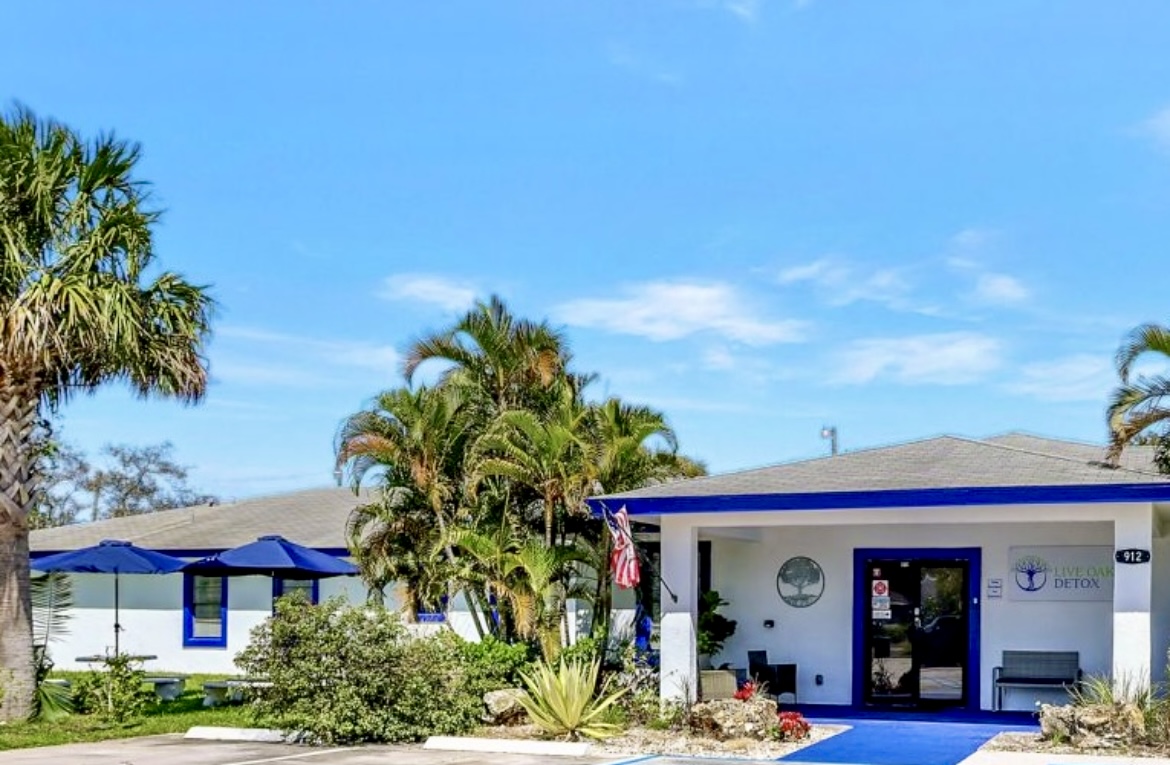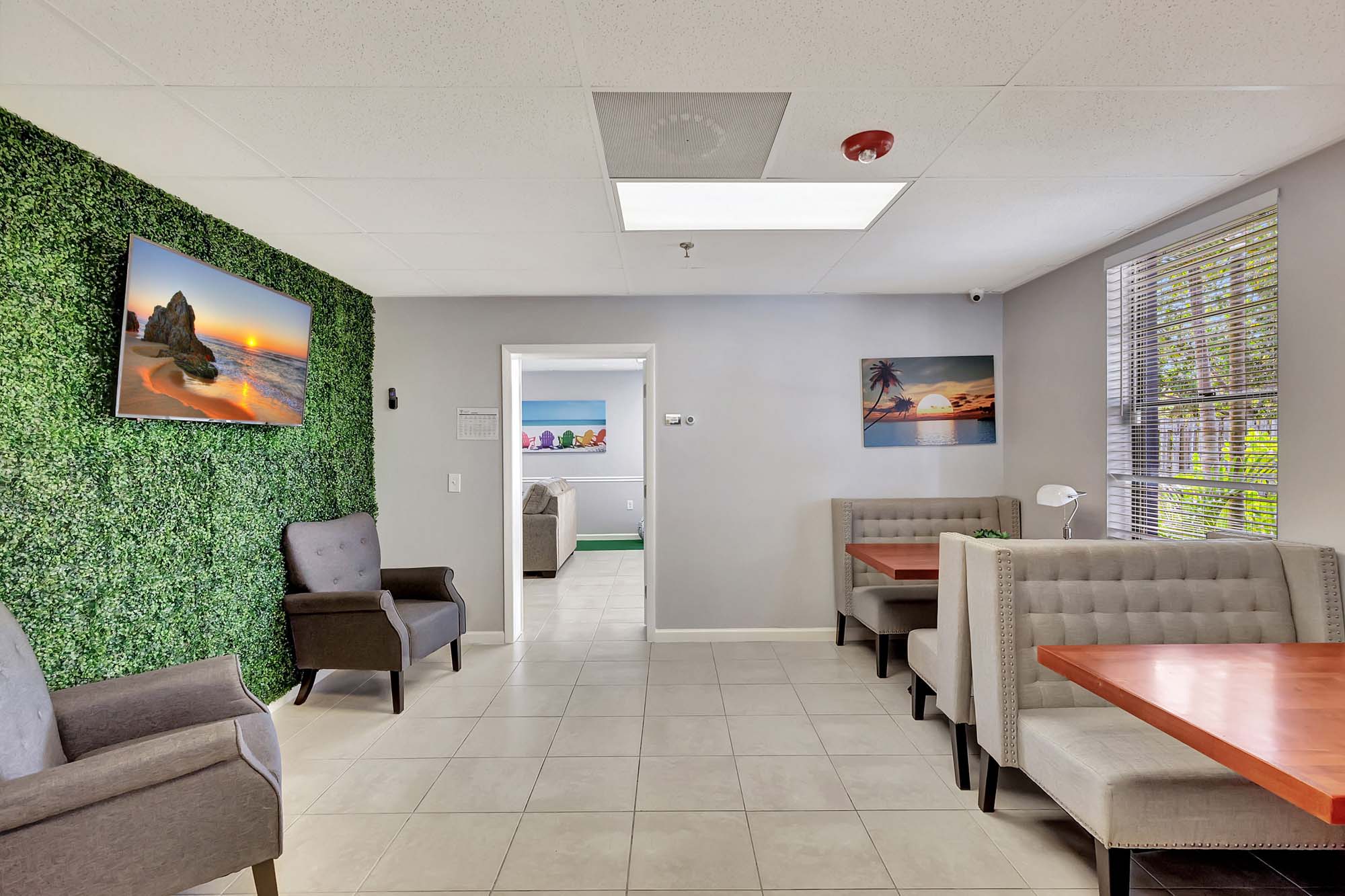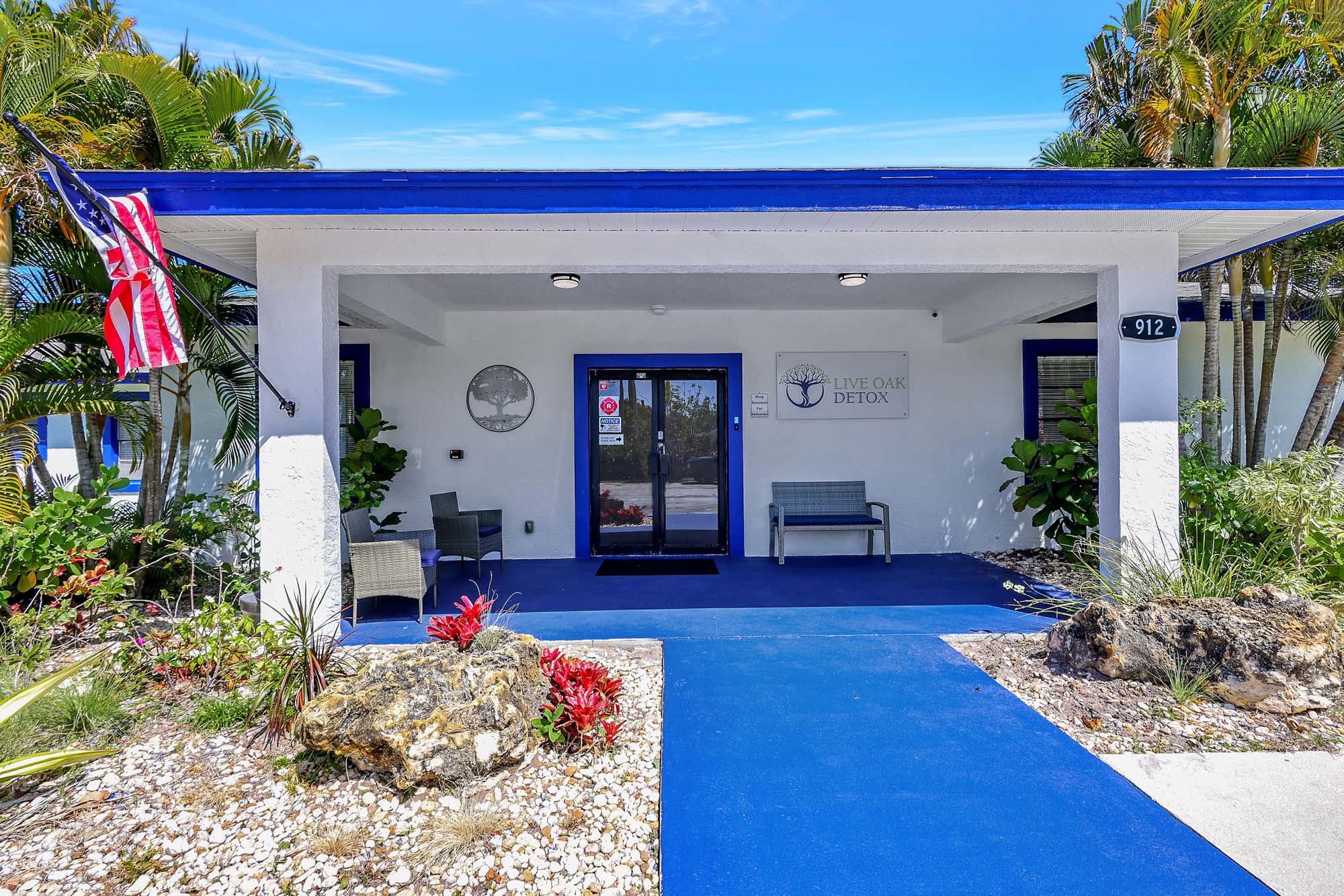Co-Occurring Disorders
Comprehensive Care for Mental Health and Addiction
What is a Co-Occurring Disorder?
A co-occurring disorder, also known as a dual diagnosis, refers to the presence of both a substance use disorder and a mental health disorder in an individual. This means that someone is dealing with two separate but interconnected conditions. The substance use disorder can involve the misuse or addiction to drugs or alcohol, while the mental health disorder can range from anxiety and depression to bipolar disorder or schizophrenia. The term “co-occurring” highlights that both disorders occur simultaneously and can influence each other.
Do you have a mood disorder or suspect a loved one is suffering from co-occurring disorders? Live Oak Detox is here to help. Get your free assessment today by calling us at (877) 716-4464.
What Is Dual Diagnosis Treatment?
Dual diagnosis treatment, also referred to as integrated treatment, is an approach to addressing co-occurring disorders by simultaneously targeting both the substance use disorder and the mental health disorder. Rather than treating each condition separately, dual diagnosis treatment recognizes the interplay between the two and aims to provide comprehensive care.
Dual diagnosis treatment typically involves a multidisciplinary team of professionals, including psychiatrists, psychologists, addiction specialists, therapists, and counselors. The treatment plan may include a combination of medication, therapy (such as cognitive-behavioral therapy or dialectical behavior therapy), support groups, and other evidence-based interventions.
The goals of dual diagnosis treatment are:
By addressing both conditions together, it increases the likelihood of successful recovery and long-term stability.
Common Co-Occurring Disorders and the Connection to Addiction
The mental health problems that most commonly co-occur with substance abuse are depression, bipolar disorder, and anxiety disorders. Other mental health conditions related to substance addiction are:
It’s possible to live a happy fulfilling life that doesn’t depend on drugs or alcohol.
Dual Diagnosis Treatment
Dual diagnosis treatment is an integrated and comprehensive approach to address co-occurring disorders, which refer to the presence of both a substance use disorder and a mental health disorder in an individual. Here are some key elements of dual diagnosis treatment:
Assessment and Evaluation
Individualized Treatment Plan
Integrated Treatment
Medication Management
Behavioral Therapies
Supportive Services
Ongoing Recovery Support
The overall aim of dual diagnosis treatment is to provide comprehensive care that addresses both substance use and mental health disorders, promoting recovery, improved quality of life, and long-term stability.
Get Help Today
Live Oak Detox is ready to help our patients receive the care and support they need for mental wellness and addiction recovery. Our clinic provides one-on-one care and comprehensive 12-step programs. At Live Oak Detox, we believe in compassionate, individualized care to help people regain control of their lives.
Need more information on co-occurring disorders treatment and addiction recovery? Call us now at (877) 716-4464 for more information and a free assessment.
Alcohol Detox and Rehab Program
Drug Detox & Rehab Program
Admissions
Our Facility in South Florida
Our Location
Live Oak Detox
South Florida
Live Oak Detox is an inpatient substance abuse Detox and residential rehabilitation center
We provide state of the art medical and clinical interventions to bring you the best possible care available today. Call us to find out more.







